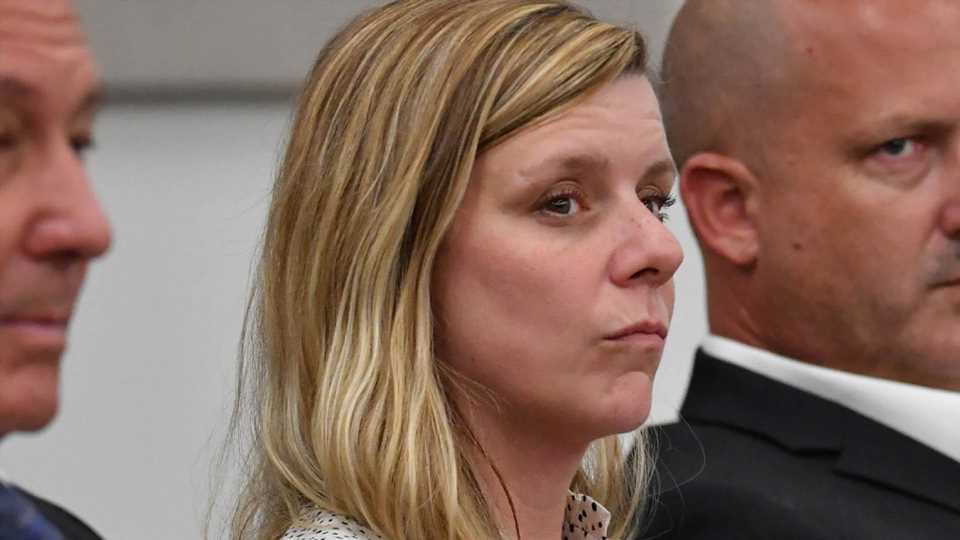The monkeypox outbreak has spread to more than 70 countries and is now a ‘global health emergency’, the World Health Organisation says.
It was described the WHO as an ‘extraordinary event’ that could spill over into more countries and requires a global response.
The emergency declaration mostly serves as a plea to draw more global resources and attention to an outbreak.
Announcements like this in the past have had mixed impact, given that the UN health agency is largely powerless in getting countries to act.
Monkeypox has been in parts of central and west Africa for decades, but it was not known to spark large outbreaks beyond the continent, or to spread widely among people.
But in May authorities detected dozens of epidemics in Europe, North America and elsewhere – with cases now passing 2,000 in the UK.
More than 2,500 cases have been recorded in the US, and the country has confirmed the first two cases among children.
According to the U.S. Centers for Disease Control and Prevention, more than 16,000 cases of monkeypox have been reported in 74 countries since about May.
Last month, the WHO’s expert committee said the worldwide monkeypox outbreak did not yet amount to an international emergency, but the panel convened this week to reevaluate the situation.
It has previously declared emergencies for public health crises such as the Covid-19 pandemic, the 2014 Ebola outbreak, the Zika virus in 2016 and the ongoing effort to eradicate polio.
To date, monkeypox deaths have only been reported in Africa, where a more dangerous version of the virus is spreading, mainly in Nigeria and Congo.
This is a breaking news story – more to follow.
Get in touch with our news team by emailing us at [email protected].
For more stories like this, check our news page.
Source: Read Full Article



